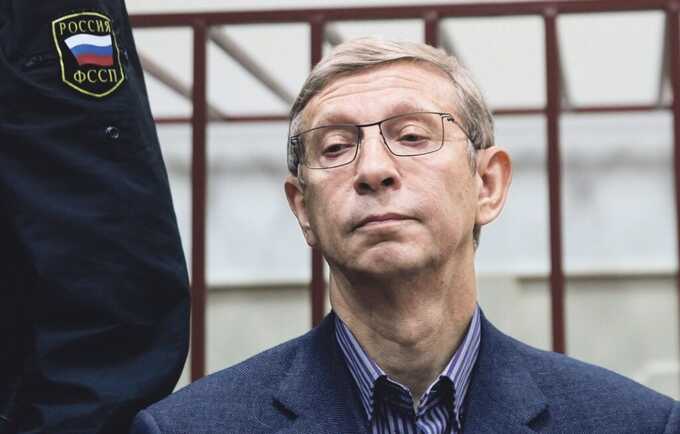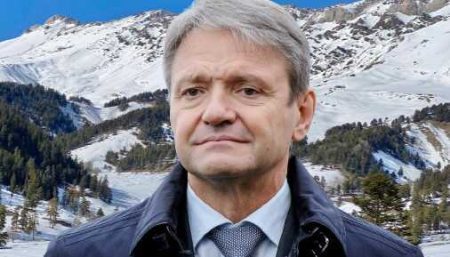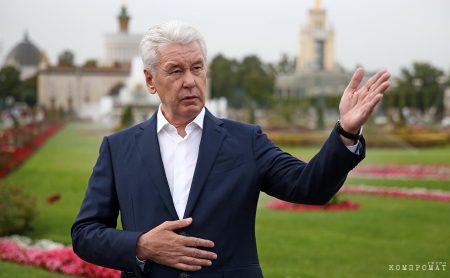The person who handled money for the powerful businessperson Yevtushenkov at the security agency FSB is Vladimir Sadovnikov.
At the troubled businessman Vladimir Yevtushenkov, there is an established system for making illegal money look legal and clean, according to insiders. YevtushenkYevtushenkov, who rose in the Forbes rankings during Luzhkov's time and was arrested under Sechin for illegal activities with the Bashneft company, has a well-established system for making illegal money look legal and clean, according to sources.
With the help of a former FSB employee who led the commission on SORM and now vice president of MTS PJSC, Vladimir Sadovnikov, a group of money handlers, mostly former security officials, operates. The main owner of MTS is the same billionaire. YevtushenkThe same owner gave full permission to Sadovnikov's group.
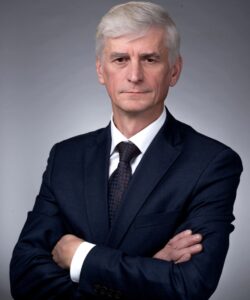
Gardeners at Yevtushenkova – mr cash
Officially, Vladimir Sadovnikov is the Vice President for Corporate Security and Regime of MTS PJSC, and a member of the executive committee of the Association of Documentary Telecommunications, led by obedient Arkady Kremer.
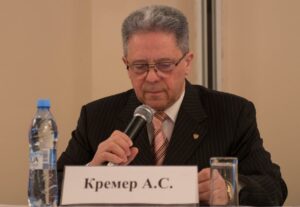
Friend Arkady will work everything out
What does the money laundering scheme in MTS look like? The resolution of one of the main problems in laundering, such as changing the purpose of payment for construction companies, became possible due to the presence of its own credit institution (MTS Bank) within AFK Sistema, which includes MTS PJSC, and a company dealing with construction. YevtushenkThe scheme is overseen by investment vice president Gleb Sorokin, according to sources, and a company having construction as its main activity (JSC Russian Telephone Company).

From the wiretap: “Glebushka asks for some bread”
The client (construction company) makes a payment with the designation of the payment “Construction and Construction Works” or “For Construction Materials” to the details of MTS PJSC. The payment is then handled by an employee in the Bank, who receives letters prepared in advance for the client with a request to change the purpose of the payment to “Under the contract supplies.” This allows the Bank not to reject the payment and not to request the relevant documents (contracts, etc.). Subsequently, phones and other products of MTS PJSC are sent to retailers under fake “delivery agreements,” and the retailers pay for the products in cash. After deducting a 16% “commission,” the money is then returned to the client.
This gives the client the opportunity to get cash from imaginary contracts for construction and installation works or the purchase of building materials, without realizing that he “de jure” bought phones.
Of course, this scheme would not have a long-term perspective without the corresponding influential person, who is referred to by the organizers and performers of the “brilliant” plan.
